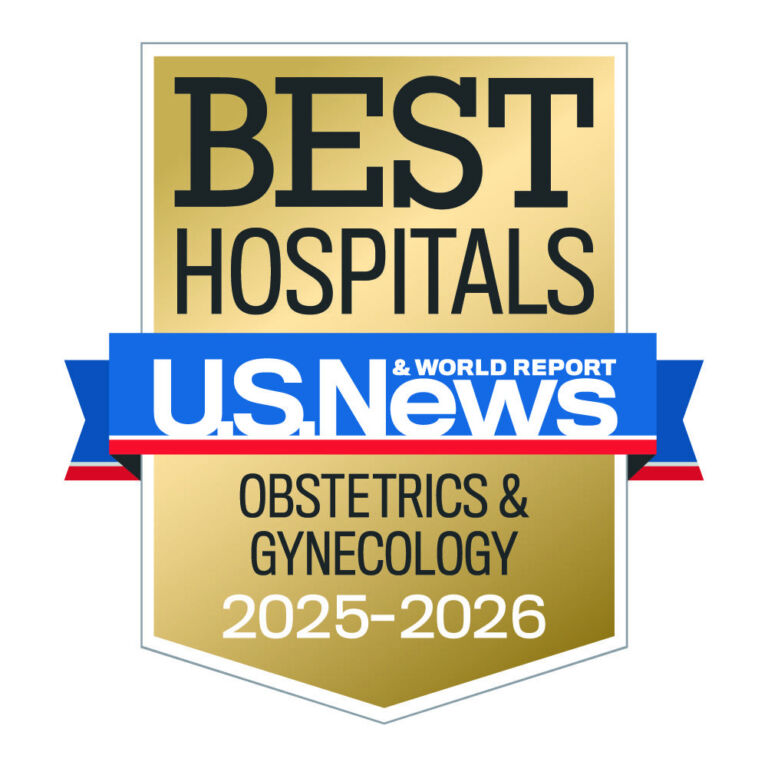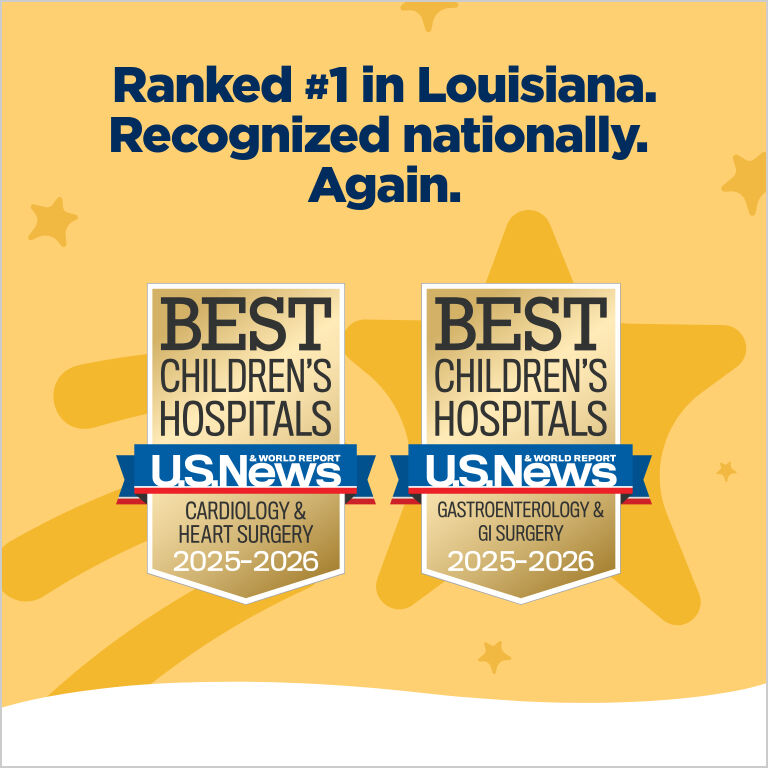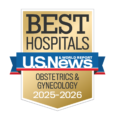Why Choose Ochsner Health's Multifetal Pregnancy Center?
At Ochsner’s Multifetal Pregnancy Center in New Orleans, Louisiana, our goal is to provide complete perinatal care for patients expecting multiple gestations, such as twins, triplets or more, and to ensure the best outcomes for mother and babies. Our team consists of the highest-quality maternal-fetal medicine specialists, nutritionists, exercise physiologists, lactation consultants and neonatologists caring for you and your babies.









